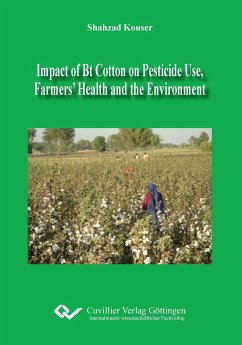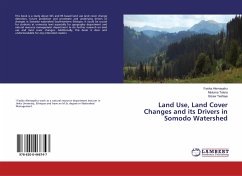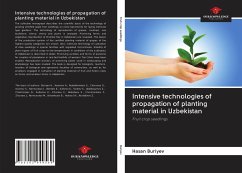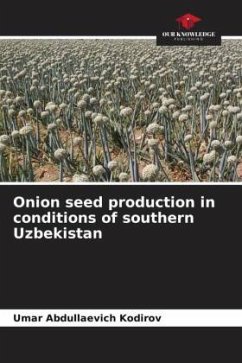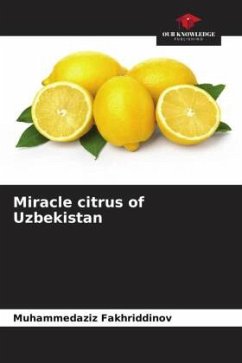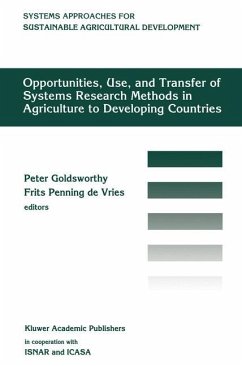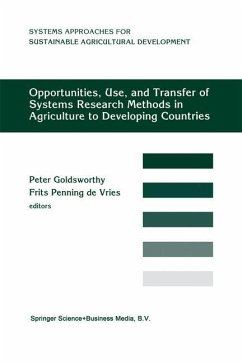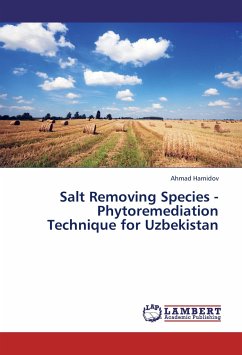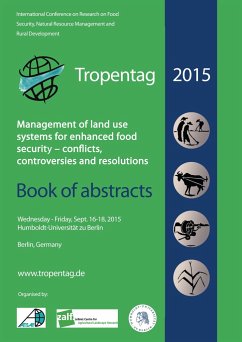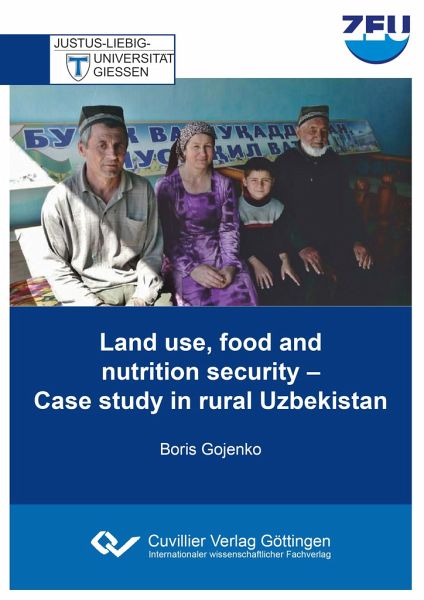
Land use, food and nutrition security. Case study in rural Uzbekistan

PAYBACK Punkte
0 °P sammeln!
Guaranteeing food security is of critical importance for Central Asia region due to its landlocked nature, big numbers and low incomes of rural population, and transition from planned centralized economy to the market economy. During the transition from planned to market economies, the Central Asian Republics (Kazakhstan, Kyrgyzstan, Tajikistan, Turkmenistan and Uzbekistan) experienced rising poverty, food insecurity and malnutrition as well as serious degradation of natural resources, in particular of water and land. The transition to a market oriented economy has not been adequately supporte...
Guaranteeing food security is of critical importance for Central Asia region due to its landlocked nature, big numbers and low incomes of rural population, and transition from planned centralized economy to the market economy. During the transition from planned to market economies, the Central Asian Republics (Kazakhstan, Kyrgyzstan, Tajikistan, Turkmenistan and Uzbekistan) experienced rising poverty, food insecurity and malnutrition as well as serious degradation of natural resources, in particular of water and land. The transition to a market oriented economy has not been adequately supported by institutional development which resulted in a decline in the living standards of the population and which has further caused in high levels of food insecurity and malnutrition. This contribution provides an empirical examination of the current state and prospects of food and nutrition security in rural area of Uzbekistan. The goal of the present study was to determine the main factors influencing food and nutrition status of farm households such as the level of education and income, kind and number of crops produced on homestead plot and on farm land, profitability of these crops, etc. The main methodological instrument for analysis was the logistic regression modeling. The contribution is finalized by author's recommendations for further improvement of food and nutrition security in Uzbekistan.




